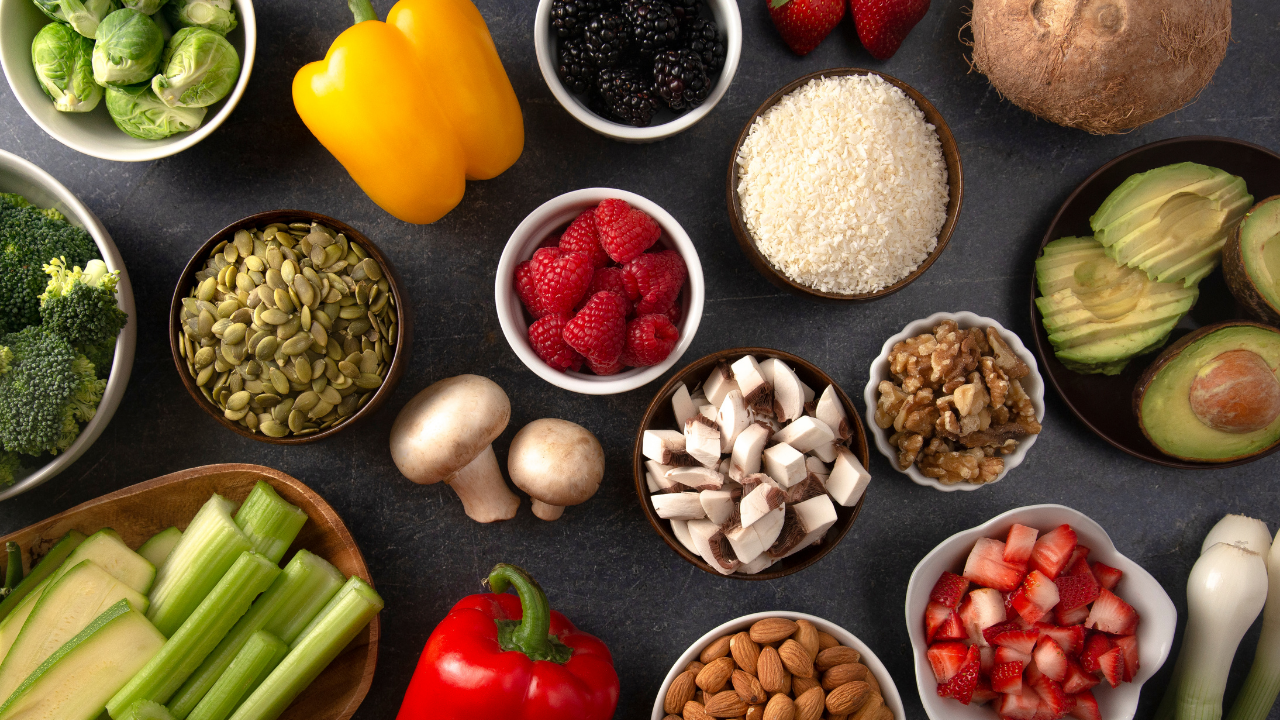Protein and Exercise - How Much Should You Eat?
Jun 06, 2012
Protein seems to be the most misunderstood of the food nutrients. And it is no wonder with the popularity of high protein diets, protein powders, bars, and so on. Since I am not a dietitian I will share some of the sound advice offered by sports nutritionist and author Nancy Clark, MS, RD from her Sports Nutrition Guidebook.
Protein Facts
- Protein is used to build and repairs muscle tissue, create hormones, raise immune function, replace red blood cells, and grow hair and fingernails.
- Athletes generally over or under consume protein. Over consumption can lead to storage as glycogen or fat. Under consumption can lead to insufficient muscle development and recovery because protein is being used for energy.
- Amino acids, the building blocks of protein are not stored in the body and need to be eaten every day.
- Protein is used minimally to fuel exercise and should only constitute 10-15% of daily calories
- Nancy's protein rule of thumb is to have 4-6 ounces (110-170 grams) or protein-rich food at lunch or dinner or split between the two meals.
- Top Food Choices - poultry, fish, lean beef, peanut butter, canned beans, and tofu.
- Vegetarians should substitute beans for beef.
- Recommended protein combinations for vegetarians - cereal and milk, pasta or bread and cheese, rice and beans, pita and split-pea soup, tortilla and beans, cornbread and chili with kidney beans, brown bread and baked beans, chickpeas and tahini (hummus), tofu and sesame seeds.
- Food is the preferred source of protein over powders or bars.
- Some people need more protein - endurance athletes, athletes doing high intensity training, dieters that are restricting calories, athletic teenagers, and individuals new to exercise. Please refer to the table below.
Protein Recommendations
| Population | Protein grams per pound of body weight |
|---|---|
| Recreational Exerciser, Adult |
0.5-0.7
|
| Endurance Athlete, Adult |
0.6-0.7
|
| Growing Teenage Athlete |
0.7-0.9
|
| Adult Building Muscle Mass |
0.7-0.8
|
| Athlete Restricting Calories |
0.8-0.9
|
| Estimated Upper Requirement for Adults |
0.9
|
Protein Requirements Example
Client: 150 lb female athlete that is restricting calories
Protein Recommendations
150 lb X 0.8 = 120 grams protein/day
150 lb X 0.9 = 135 grams protein/day
Food Requirements
Rather than counting protein grams Nancy recommends an easier approach - consume two cups of milk or yogurt and two small servings of protein rich foods each day. If you fall into one of the categories above that requires additional protein consider adding one or more of the following to your daily food intake - nuts, nut butters, beans, pasta, cereal, rice, bread, and starchy vegetables.
Reference: Nancy Clark's Sports Nutrition Guidebook
Stay connected with news and updates!
Join our mailing list to receive the latest news and updates from me.
Don't worry, your information will not be shared.
We hate SPAM. We will never sell your information, for any reason.

